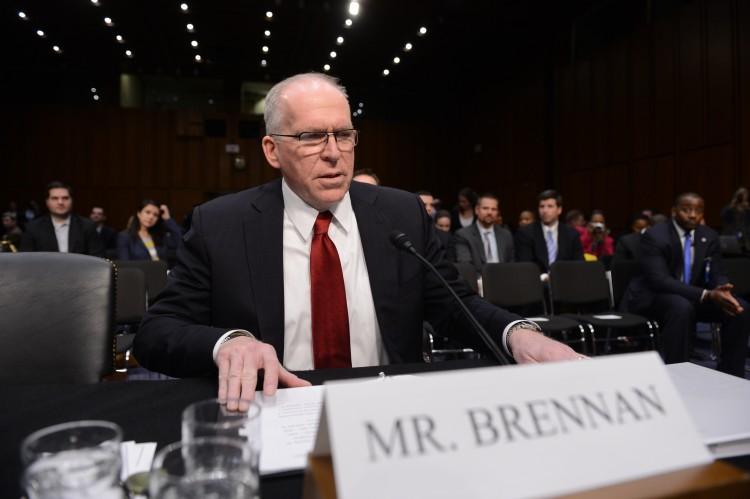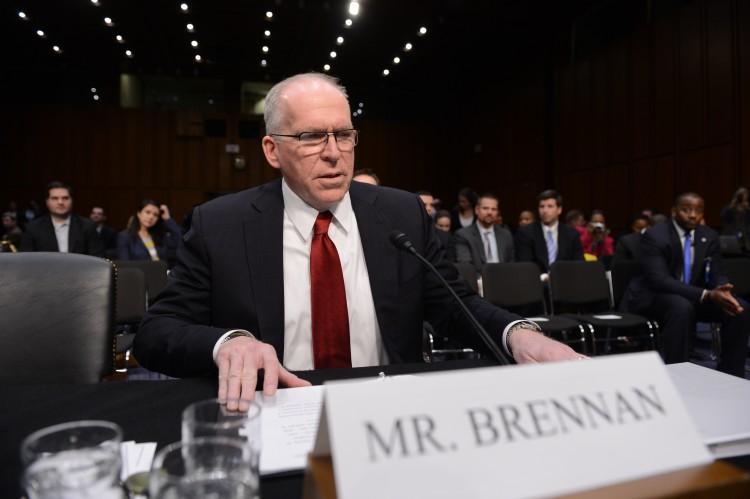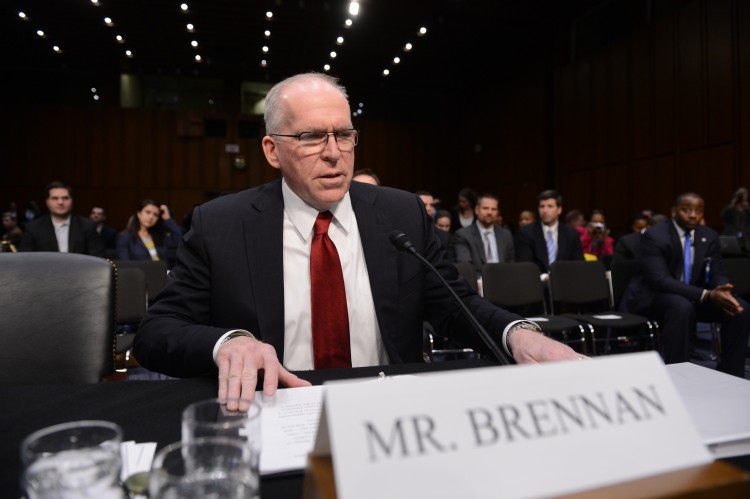Rand Paul’s 13-hour filibuster was a direct response to the nomination of John Brennan, but the real issue was the Obama administration’s use of drones.
Rand Paul Filibuster: What He Spent 13 Hours Talking About
Paul Ryan’s 13 hour filibuster was a direct response to the nomination of John Brennan, but the real issue was the Obama administrations use of drones.

John Brennan, Obama's nominee for director of the Central Intelligence Agency (CIA), testified at his confirmation hearing on Capitol Hill in Washington, DC, on Feb. 7. House Rep. Rand Paul filibustered for 13 hours to protest Brennan’s nomination. Saul Loeb/AFP/Getty Images
|Updated:





